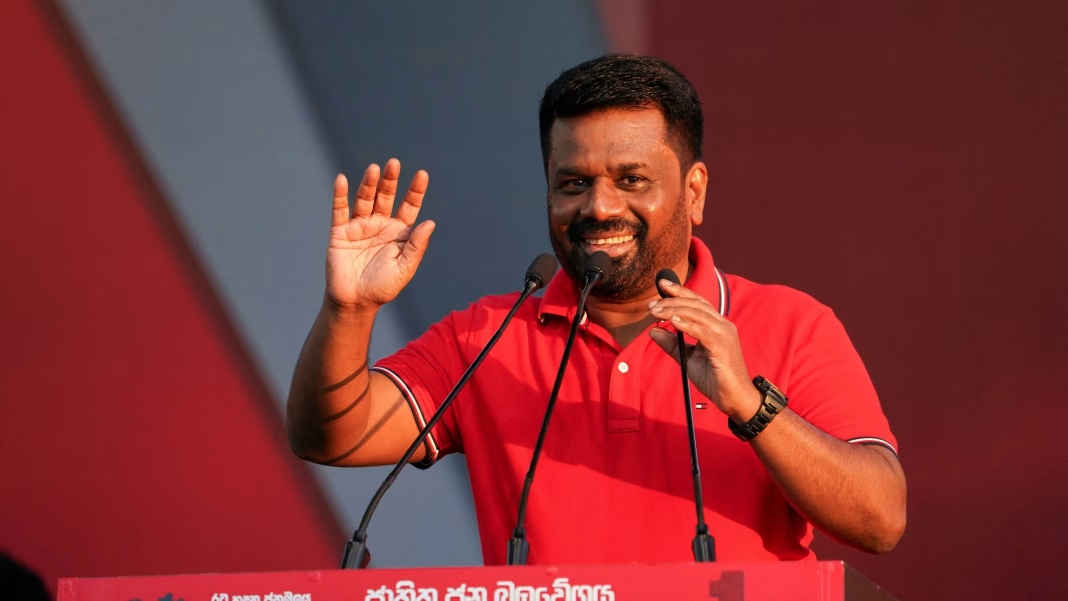Serious allegations of “misuse of public funds” have emerged concerning the President’s recent official visit to Japan. These accusations were made by Samagi Jana Balawegaya’s Gampaha District Organizer, Waruna Deeptha Rajapaksha, during a televised political discussion program. He specifically questioned the “unnecessary expenses” incurred during the signing of agreements.
Questions Raised Over Travel Itinerary and Luxury Accommodation
Rajapaksha highlighted the President’s travel itinerary, which he described as inefficient and unnecessary, involving a route from Tokyo to Osaka and back to Tokyo. He also heavily criticized the expenditure on the delegation’s stay at luxurious hotels in Japan, such as the Imperial Hotel, with the costs entirely borne by Sri Lankan state funds.
He emphasized that many of these expenses were not for “official state duties” and clearly constituted a “misuse of public funds.”
Unusual Procedure for Signing Agreements Fuels Misuse of Funds Claim
The primary accusation of financial mismanagement centers on the signing of two significant agreements related to the Navy and a dairy product company. As pointed out by Rajapaksa, these agreements were signed by:
For Sri Lanka: Foreign Minister Vijith Herath.
For Japan: Japanese Ambassador Akira Izumata, based in Colombo.
Rajapaksha argued that since the individual signing for Japan was their own ambassador based in Colombo, the signing ceremony could have easily taken place in Colombo, Sri Lanka. He alleges that the unnecessary travel of the Foreign Minister and a high-level delegation to Japan for these signings constitutes a massive waste of public funds.
“The agreement was signed by our Foreign Minister and the Japanese Ambassador residing in Colombo,” the analyst stated. “If so, it could have been signed in Colombo. Traveling to Japan to sign an agreement with an ambassador based in your own capital is a colossal misuse of public funds.”
Furthermore, Rajapaksha questioned the legality of signing such a major agreement on behalf of Japan under a “caretaker government.”
These allegations have brought the transparency of foreign tours by high-ranking state officials under intense scrutiny, and these matters are expected to be raised in upcoming parliamentary debates. However, the government has yet to issue an official statement regarding these specific charges.




